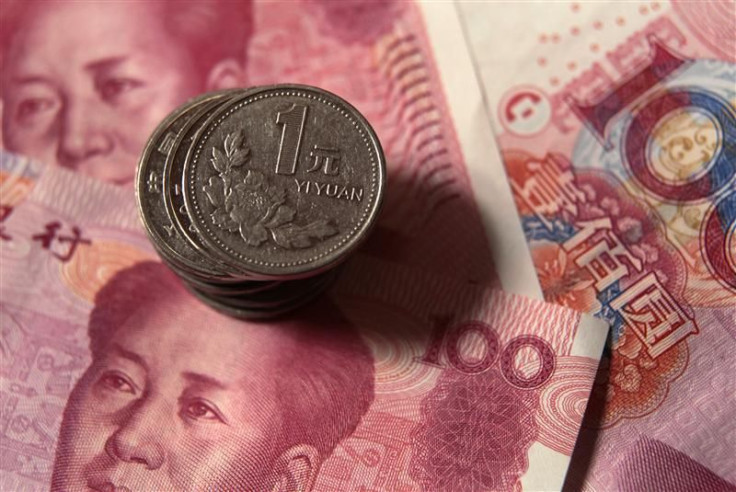Markets Mixed as Investors Move Cash Across Borders : Daily Markets Wrap

Global markets hit a collective reset button Monday, as investors moved their cash across continents to capitalize on different markets digesting the same morsel of news at different speeds.
The main development Monday: an announcement by the Chinese government that it was widening the band at which it allows the national currency to float against the dollar, an expansion on current policy that is expected to make various Asian currencies stronger and, as such, ripple through the foreign exchange, equity and commodity markets.
There were few other headlines. However, traders still seemed to be re-adjusting assets on developments from last week, including the spike in Spanish borrowing costs and general turmoil in that country's finances, initial earnings data from bellwether U.S. companies, and a global sell-off in financial stocks that snowballed late Friday.
Here's a look at how those, and other factors, affected the markets:
Stocks. Asian markets plummeted on the news about the Chinese currency regime, as a stronger yuan is seen helping raise the value of the Japanese yen and Thai baht, leading to decreased exports from companies in those countries. Indexes for Asia-based stock exchanges were also weighed down by financial issues. European indices had an up-and-down day, but ended slightly positive. U.S. equities had a bipolar day that fit into the wider global reset: the benchmark S&P 500 Index closed the day essentially unchanged after having traded through a wide range, but market darling Apple Inc. (Nasdaq: AAPL) took a beating, dragging the tech-heavy Nasdaq Composite down 0.75 percent for the day.
Bonds. Long-term bonds rose and short-term notes dropped as investors played on expectations of when, and if, the U.S. central bank will announce further monetary policy easing. Corporate bonds rallied. The moves were moderate and did not signify a rally into safety as previous trading sessions have seen: notably, safe haven German bunds fell in price. Investors continued to sell off Spanish and Italian government debt.
Currencies. The dollar lost considerable ground against both Asian and European currencies. China's yuan actually fell 0.2 percent against the dollar in the first day of China's foreign exchange regime. The euro rose to $1.3136. The British pound recently traded up to $1.5899.
Commodities. The drop in the dollar value should have been good for commodities, but the noise from other sectors in the market resulted in a mixed day for physical asset futuress. Precious and industrial metals were down slightly, with gold settling at $1649.70, down $10.50 in New York trading. Copper recovered after hitting three-month lows to settle nearly unchanged at 3.628 per pound, up a tenth of a cent. Energy futures rose a negligible amount and agricultural commodities dropped.
© Copyright IBTimes 2024. All rights reserved.




















